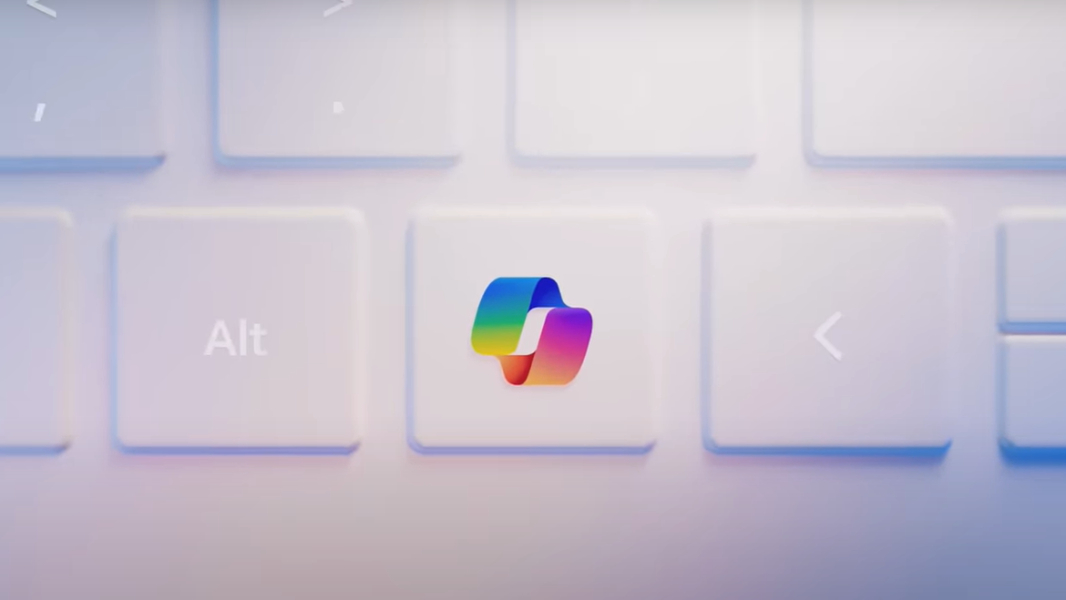Intel and Microsoft Clarify Their Definition of an “AI PC”
- Laurent Giret
- Mar 27, 2024
-
5

It’s been almost three years since Microsoft tried to shake up the PC market with Windows 11, which was a free update for Windows 10 users, but with much stricter minimum hardware requirements. Indeed, Windows 11 is only officially supported on PCs with 8th gen Intel Core CPUs (with some exceptions), 2nd gen AMD Ryzen CPUs), and a TPM 2.0 security chip is also mandatory.
These strict system requirements left a lot of Windows 10 users behind. According to Statcounter, 67.26% of Windows users were still running Windows 10 in February 2024, with Windows 11 lagging behind with a 28.16% market share. While Microsoft will end mainstream support for Windows 10 in October 2025, the company may have another carrot to push users to leave these devices behind: new Windows features that will only work on “AI PCs.”
Windows Intelligence In Your Inbox
Sign up for our new free newsletter to get three time-saving tips each Friday — and get free copies of Paul Thurrott's Windows 11 and Windows 10 Field Guides (normally $9.99) as a special welcome gift!
"*" indicates required fields
Intel, AMD, Qualcomm, and PC manufacturers have been banging the “AI PC” drum for a couple of months now. But what exactly is an “AI PC” when Copilot on Windows, Microsoft’s flagship AI assistant is now built in on the 9 years-old Windows 10? Todd Lewellen, head of the PC ecosystem at Intel gave a clear answer to that question in a press briefing with The Verge.
“Our joint aligned definition, Intel and Microsoft, we’ve aligned on Core Ultra, Copilot, and Copilot key,” explained Lewellen. “From an Intel perspective our AI PC has Core Ultra and it has an integrated NPU because it is unlocking all kinds of new capabilities and functions in the AI space. We have great alignment with Microsoft, but there are going to be some systems out there that may not have the physical key on it but it does have our integrated NPU.”
Intel’s Core Ultra CPUs are the company’s first mobile CPUs to include a neural processing unit (NPU) for AI workloads. However, AMD’s latest Ryzen 8000G Series desktop CPUs and Ryzen 8040 Series mobile CPUs also include and a NPU. Qualcomm’s upcoming Snapdragon X Elite chip will also have an NPU, but so did the company’s previous Snapdragon 8cx chips that shipped on Microsoft’s Surface Pro X and other Windows on ARM devices.
Making an NPU a key part of the definition of an “AI PC” makes sense. As for Copilot on Windows, it’s currently not available in all markets, and the feature can also be disabled by IT pros. Lastly, the new Copilot keyboard key, which was Microsoft’s main announcement at CES, looks like a repeat of the Office key that some PC keyboards started to include a couple of years ago. Overall, this Copilot key is probably more of a marketing thing, similar to the Intel and other stickers you still find on new laptops these days.
So, we now have an official definition of an AI PC: It’s a PC with an NPU, Copilot on Windows, and the new Copilot keyboard key. This definition is quite arbitatry, and there have been PCs like the Surface Laptop Studio 2 or the Surface Pro X that had an NPU before “AI PCs” were even a thing. As for Copilot on Windows, the feature doesn’t require an NPU, unlike other AI features on Windows like Windows Studio Effects in video conferencing apps.
As of today, we’ve just scratched the surface of what NPUs will be able to deliver on these new “AI PCs.” Intel has also launched its AI PC Acceleration Program, which aims to help developers to take advantage of NPUs in their apps. Yesterday, the company also announced the launch of a new AI PC Developer Program for software developers and independent hardware vendors.
Later this year, Windows 11 version 24H2 is also expected to introduce several new AI features including an “AI Explorer”, which should work like an advanced version of Copilot running locally. According to a previous report from Windows Central’s Zac Bowden, AI Explorer will be the flagship 24H2 feature that will “separate AI PCs from non-AI PCs.” In other words, the feature may require an NPU to work, unlike the existing Copilot on Windows.